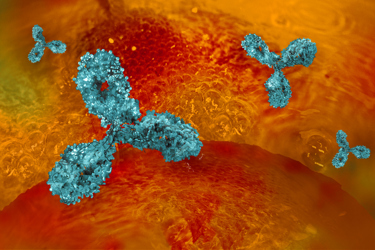Downstream Process Intensification With Novel Chromatography Resins For Enhanced mAb Purification
By Jungmin Oh, Manager of New Product Development, and Jonathan Fura, Manager of Research and Development, Avantor Sciences

The evolution of the monoclonal antibody (mAb) market, since approval of the first mAb more than 30 years ago, has dramatically changed patient care. Advances in technology as well as knowledge about antibody engineering have brought forth a wide range of targeted therapies to address previously unmet medical needs. While early production processes rendered only low titers and poor purification yields, there has been substantial progress over the last several years to increase upstream process titer. Unfortunately, this has also led to a strain on existing downstream purification technologies. Although implementation of continuous unit operations has provided some relief, downstream processing (DSP) still presents a major bottleneck in the production of therapeutic antibodies.
One area of focus is the challenges related to Protein A affinity chromatography. While it has become the go-to capture step for the purification of mAbs, Protein A resin is also one of the biggest costs during mAb manufacturing. Limitations related to process economy as well as efficiency call for innovative solutions that can help address these critical issues. Using its PROchievA protein A affinity resin with select additives, Avantor has designed an integrated mAbs downstream purification process to enable significant throughput improvement while removing critical impurities. When used in conjunction, these technologies represent a highly efficient process to obtain monoclonal antibodies for use as therapeutics.
Get unlimited access to:
Enter your credentials below to log in. Not yet a member of Bioprocess Online? Subscribe today.
